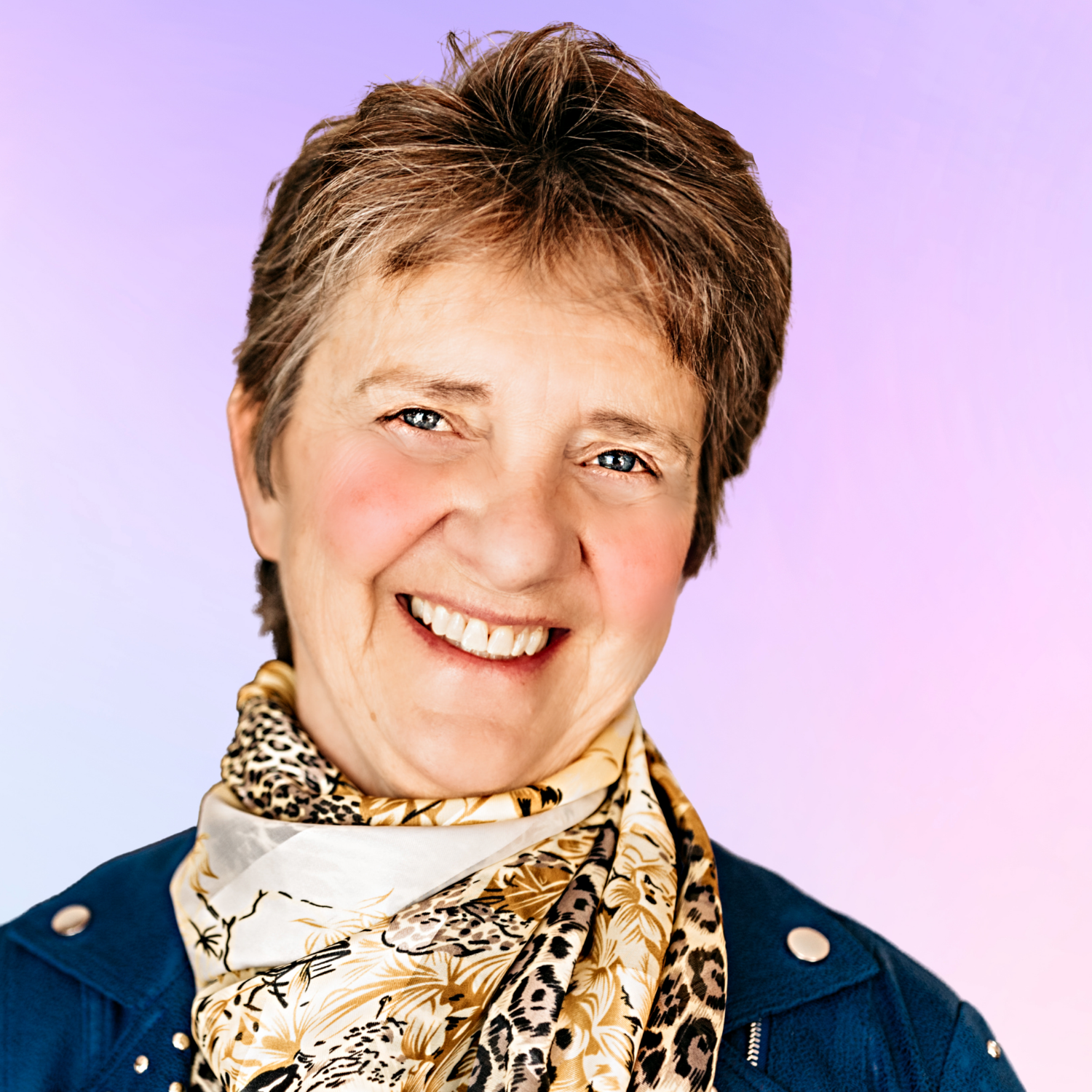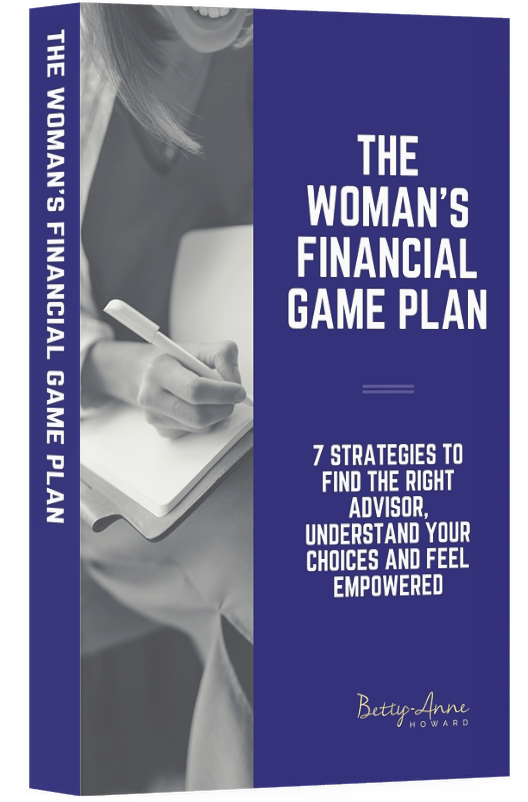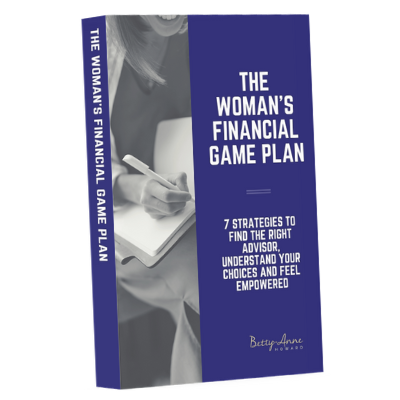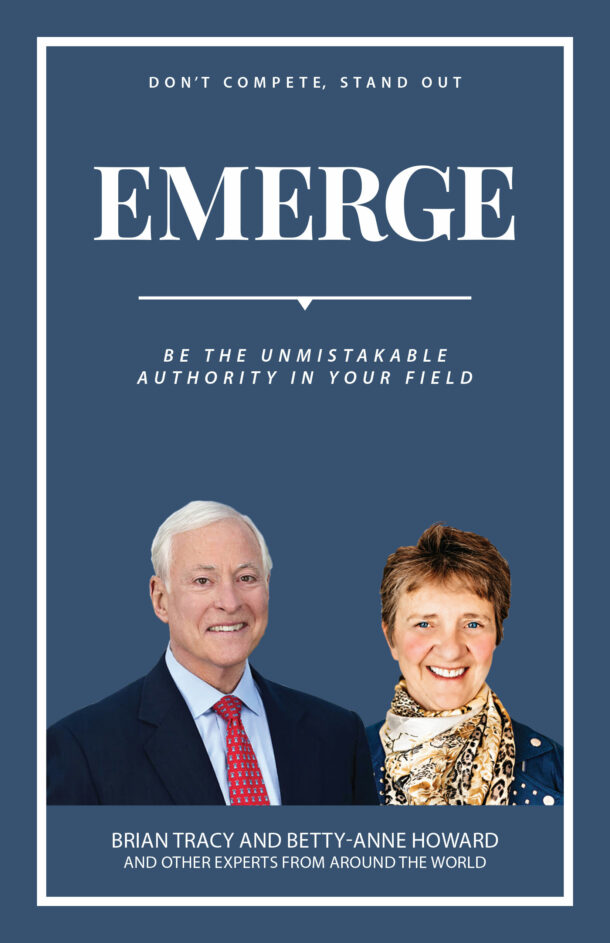
Not too long ago, a woman recently came to our team after an experience that left her feeling dismissed. She and her husband had gone to meet with a financial advisor, only to realize that all the attention and eye contact was directed solely at her husband—not her.
She received this kind of treatment even though she was the one who managed the household finances. She’s the primary breadwinner. Yet, she was barely acknowledged in the meeting.
It was her mother, a long-time client of ours, who encouraged her to come meet our team. She knew this wouldn’t happen with us because we understand the challenges women face when it comes to financial conversations. We know what it feels like to be overlooked in a space where your voice should matter.
Unfortunately, stories like hers aren’t rare. And it’s not just about poor communication, it points to a more significant issue in the industry—one shaped by decades of norms and expectations that were never built with women in mind.
It’s time we asked the fundamental question: What if women don’t need to adapt to a system built for someone else? What if what’s really needed is a different lens—one that sees women clearly, values their voices, and aligns with how they truly think about money, family, community, and legacy?
Let’s talk about that in this blog—expanding on a conversation I first shared during my most recent talk for International Women’s Day.
The System Is The Problem
For generations, women have been underestimated, overlooked, and told—directly or indirectly—that their voices don’t belong in certain rooms. And while progress has been made, those patterns haven’t disappeared. They’ve simply evolved. Today, they often show up in more subtle ways: being talked over, ignored in decision-making, or made to feel as though asking questions is a sign of not understanding.
I witnessed this recently when my niece attended a medical appointment for her son’s cancer treatment. She asked thoughtful questions, tried to make sense of the plan, and advocated for her child—until the weight of being dismissed caught up with her, and she began to cry. But the response was, unfortunately, negative, as she was instead labelled “too emotional” when the real issue was that no one was listening.
This happens far too often in financial conversations as well. When women seek clarity about their future, their legacy, or how to care for their families, they’re sometimes met with blank stares or impatient answers. The assumption is that they don’t understand the information when really, the problem is that the information hasn’t been made meaningful to them.
It’s clear that the reason this happens isn’t because of a lack of intelligence or interest but a lack of connection that should have been addressed. Financial advice has long been shaped through a narrow lens, one that doesn’t always consider the realities, values, or voices of women.
Here’s the truth: we don’t need to change ourselves to fit into that model. What we need is a system that meets us where we are—with empathy, relevance, and respect because that’s where real empowerment begins.
Why Context Matters in Financial Planning
So what does it look like when the system does start to listen? It begins with recognizing that context is the heart of sound financial advice.
Women often make financial decisions through a wider lens. We consider our relationships, our values, our responsibilities, and the ripple effect those decisions have on the people we care about. We ask different questions—not because we’re unsure but because we’re thinking about the whole picture.
I’ve had conversations with women who want to know:
“Will my children be okay if I live a long life?”
“How much can I give to charity without taking away from what I hope to leave my family?”
These are deeply thoughtful, values-based questions. Yet, too often, traditional financial advice overlooks the emotional, relational, and ethical layers behind them. When those layers are ignored, the advice ends up feeling cold, impersonal, or irrelevant.
It reminds me of Carol Gilligan’s work in psychology. In her 1993 book In a Different Voice, she studied how girls and women respond to moral dilemmas and found that their approach often involved asking more questions and seeking connection.

For years, that was misunderstood as indecisiveness. But what Gilligan uncovered was something very different—women were actually looking for deeper understanding. We were gathering information, seeking options, thinking through consequences, and taking relationships into account before deciding because we are that intentional with everything that we do.
In the same way, when women pause to ask questions or explore possibilities in a financial conversation, they’re not stalling. They’re being intentional. They want advice that aligns with their values and reflects the bigger picture of their lives.
That’s why we need financial advice that reflects the full story. Not just charts, projections, or rates of return—but guidance that accounts for what matters most to us: our families, our communities, our legacies.
A Different Lens Leads to Different Results
If context is the heart of financial planning, then the lens we use shapes what we see—and what becomes possible.
When women are genuinely heard and understood, financial strategies begin to take on a new meaning. They’re no longer disconnected from real life. Instead, they become a reflection of what we value, how we care for others, and the kind of future we want to build.
One of the most touching moments we’ve experienced was helping a woman honour her late mother’s love for birthdays. Every year, her mother went out of her way to make that day special. After her passing, we set up a birthday annuity so that a cheque arrives each year on her daughter’s birthday—a small, lasting way to keep that connection alive. It’s deeply personal, and every time it happens, it brings back a memory and a feeling that’s hard to put into words.
In another conversation, a client who received $250,000 from his grandmother wanted to pass down something similar to his own children. We worked together to set up a life insurance strategy so that, one day, his children could receive the same kind of support and care.
These are the kinds of decisions that happen when we bring the “heart, head, and hands” together (you can read more about the Heart-Head-Hand principle in this blog). When we start with what matters, think through the options clearly, and take purposeful steps forward, the outcome feels aligned, intentional, and truly fulfilling.
This is what a different lens offers. One that doesn’t separate finances from life, but aligns them together in ways that feel authentic and empowering.
How to Start Reframing the Conversation

So how do we begin to move toward financial planning (especially when so much of it is misunderstood or misrepresented like these myths) that actually reflects who we are and what matters most?
It starts with small shifts—asking better questions, seeking out better conversations, and choosing relationships with professionals who treat our voice as essential, not optional.
Begin by asking yourself questions that spark reflection, like:
-
- What does financial security mean to me right now?
- What kind of impact do I want to have—with my family, in my community, and beyond?
- What would it look like to feel genuinely confident in my financial decisions?
Then, pay attention to the kinds of questions you’re being asked. I’ve seen firsthand how quickly women disengage when they’re presented with yes-or-no options like, “Would you like to talk about charitable giving?” Most of the time, those questions feel like closed doors. The conversation ends before it even begins.
But when we’re invited to explore—when someone asks, “What kind of legacy do you want to leave?” or “What brings you joy in your charitable giving?”—we open up.
We start to dream out loud. And that’s where real clarity and momentum come from.
Empowering questions create a very different kind of conversation. They’re rooted in curiosity and trust. They signal that your perspective matters and that you already have the insight—you may just need space and support to explore it. These are the kinds of questions that help us move from confusion to clarity and from hesitation to action.
Finally, seek out financial advice that doesn’t rely on charts and projections alone. Look for someone who takes the time to understand your story, your values, and the kind of future you want to shape.
Reclaim Your Financial Power
If you’ve ever sat through financial advice that felt disconnected from your life, you’re not alone. Many women have had the experience of being talked over, misunderstood, or simply left out of the conversation. But that doesn’t mean you need to wait for permission to take charge.
The truth is, your voice, your story, and your perspective already have value. The change begins when we stop trying to fit into a model that was never built for us and instead start shaping one that reflects who we are and what we care about.
After decades of doing this work, I’ve seen the shift that happens when women feel confident, informed, and in control of their choices. That’s where real power lies—not in knowing all the answers but in knowing you’re allowed to ask the questions that matter.
If you’re ready to explore what that looks like in your own life, I’ve created a free guide to help you take the next step.
Download The Woman’s Financial Game Plan: 7 Strategies to Find the Right Advisor, Understand Your Choices and Feel Empowered and begin building a financial future that reflects your goals, your values, and your voice.
And if you’d like to talk with someone who understands the kind of clarity and care you’re looking for, we invite you to book a call with our team. We’d be honoured to support you.
Enjoyed this article? You might also enjoy:
Wealth Reimagined: A Winter Solstice Contemplation
How To Magnify Your Charitable Gift Giving
Donating To Charity In Your Will: 5 Ways To Change Your World And Make A Difference






0 Comments